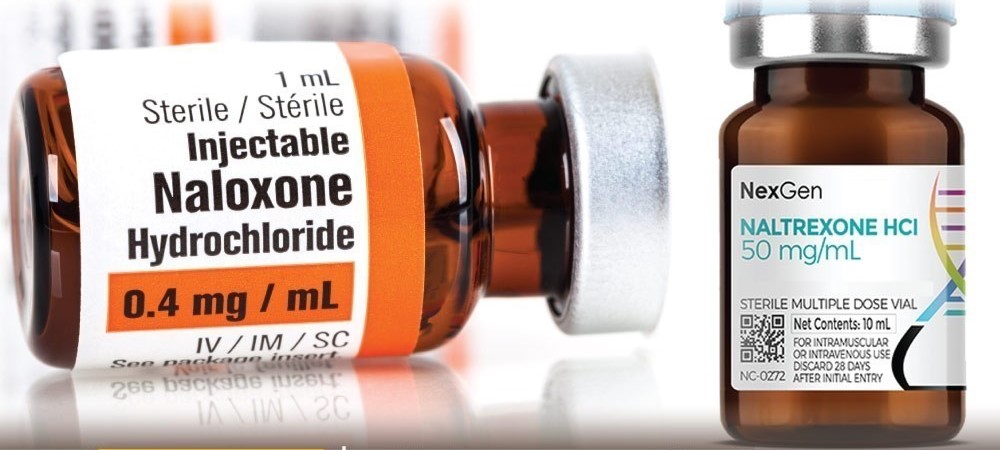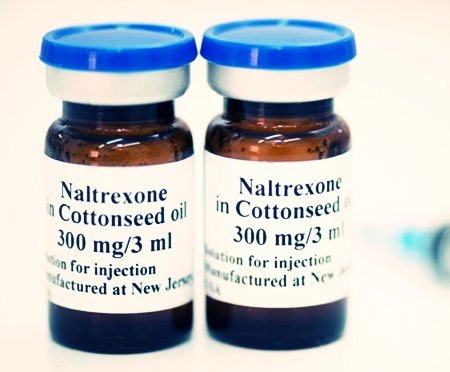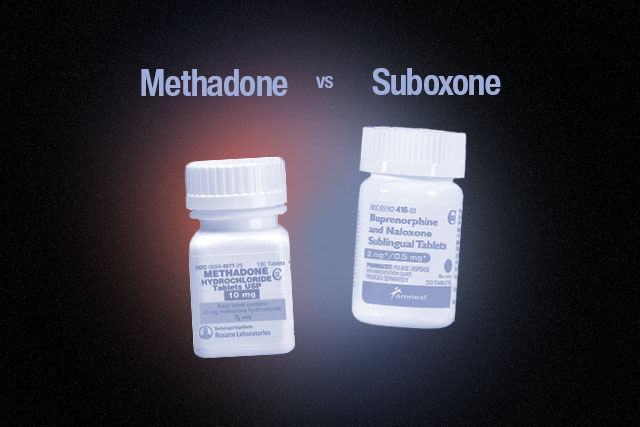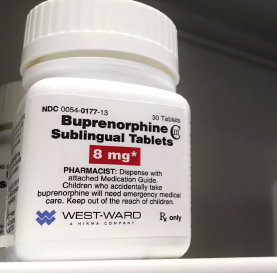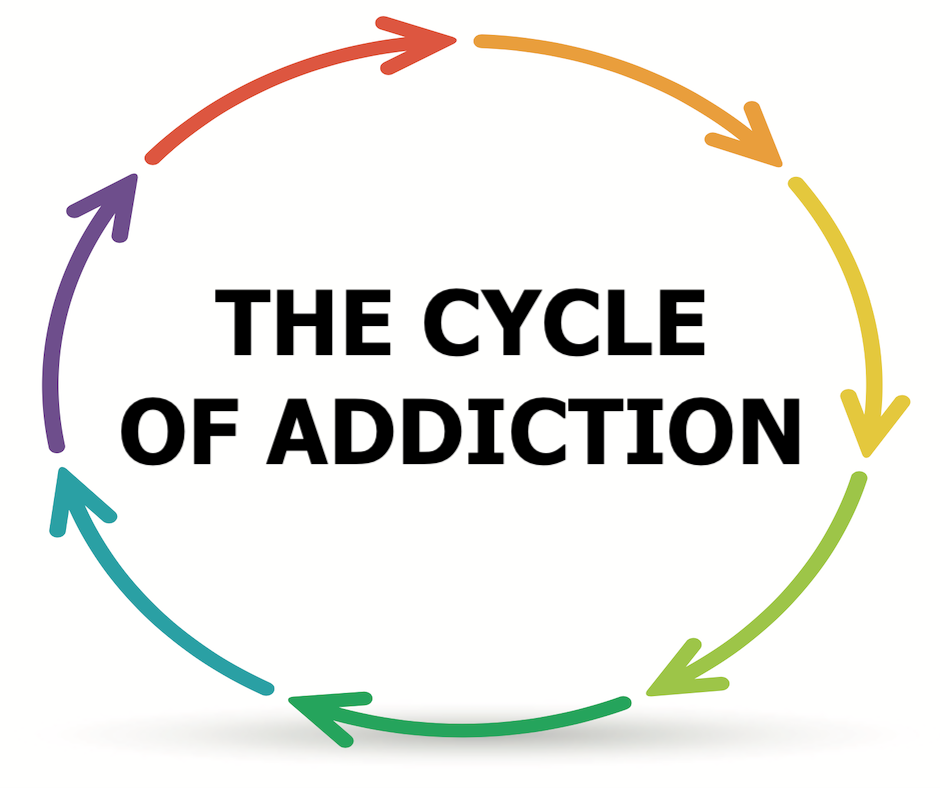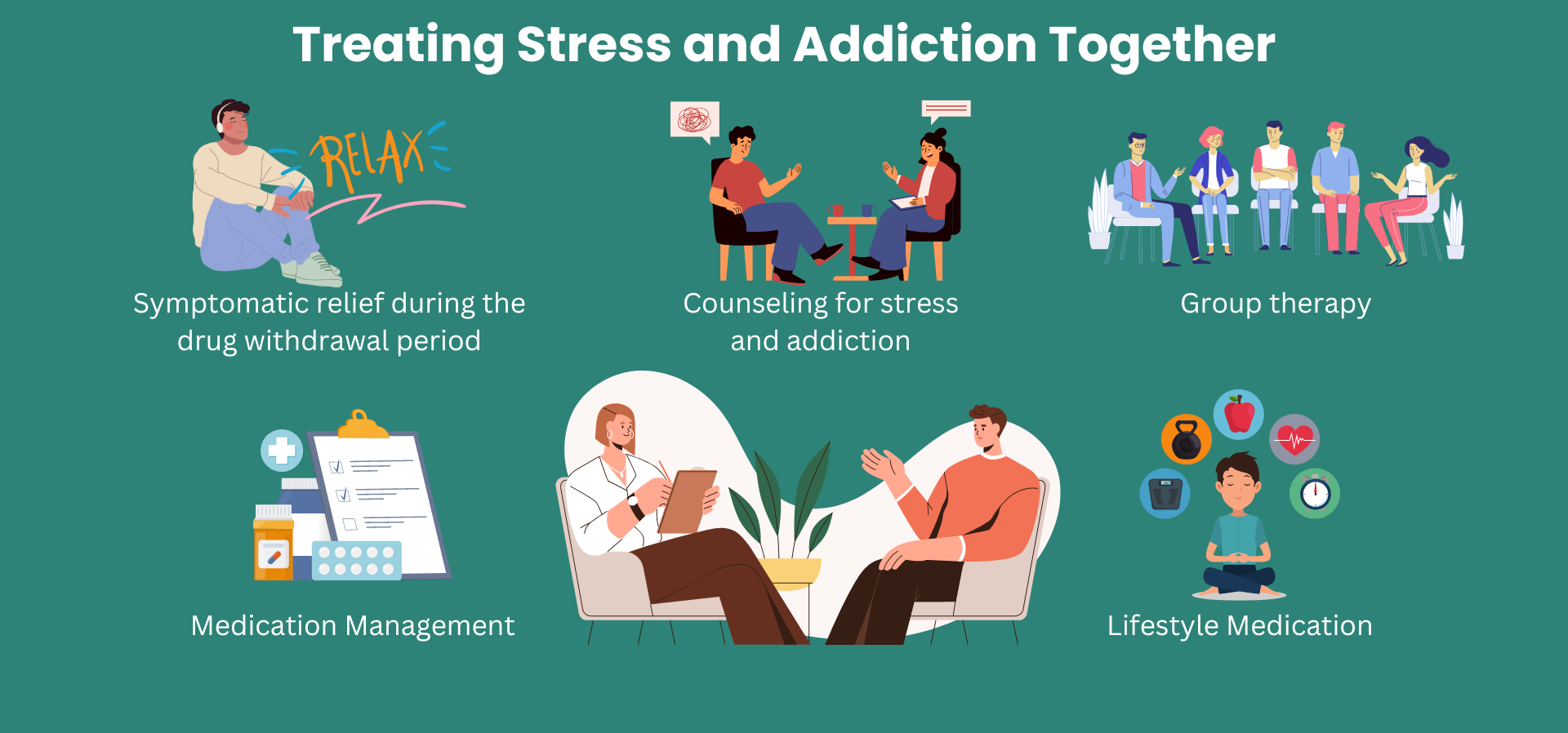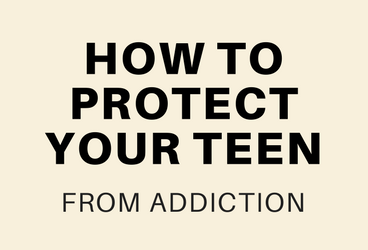Naltrexone versus Naloxone
Naltrexone and naloxone are vital for managing opioid dependence and preventing overdose. Naltrexone aids long-term addiction management, while naloxone reverses overdoses. However, stigma surrounds their use. This introduction explores their differences, usage, stigma, and the importance of community and family support strategies to help individuals facing opioid challenges. With understanding and support, communities can better … Read more
